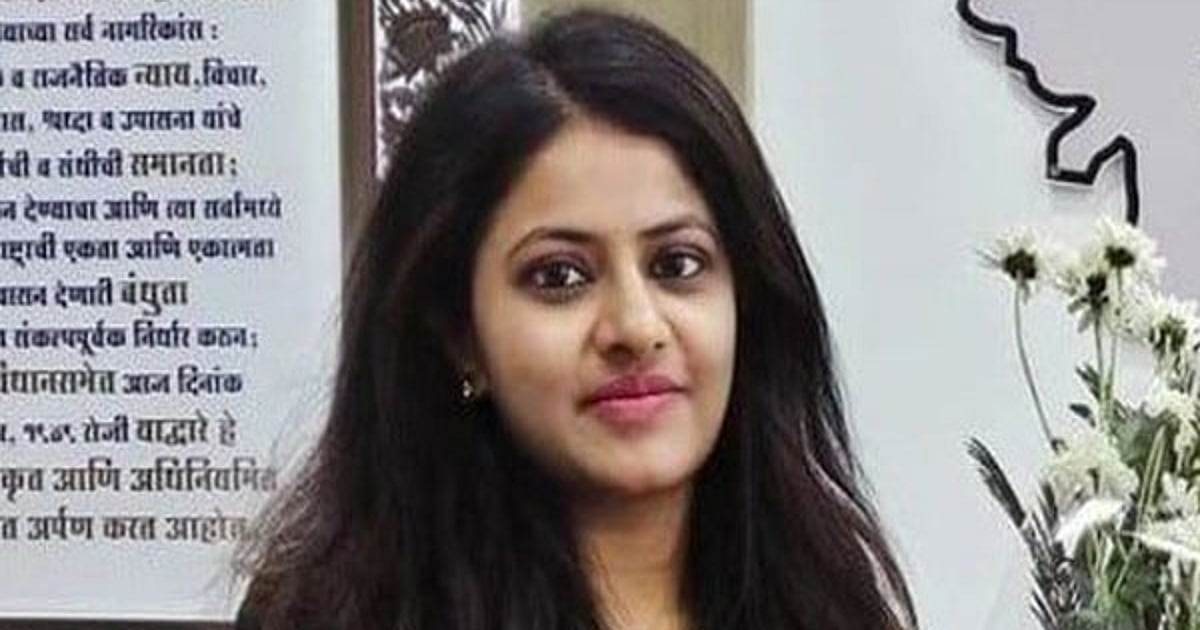 |
|
The Supreme Court of India delivered a significant interim relief to Puja Khedkar, a former Indian Administrative Service (IAS) trainee, who stands accused of forging documents to gain eligibility for the 2022 Union Public Service Commission (UPSC) examination. The court's order, issued on Wednesday, prohibits any coercive action against Khedkar until the next hearing scheduled for February 14th. This decision marks a crucial turning point in the ongoing legal battle surrounding allegations of fraudulent activities related to the prestigious civil services examination. The ruling underscores the importance of due process and the presumption of innocence until proven guilty, fundamental tenets of the Indian judicial system. The court's restraint in taking immediate action against Khedkar suggests a cautious approach, prioritizing a thorough investigation and fair trial before reaching a final verdict. This interim relief provides Khedkar with breathing room to prepare her defense and potentially gather evidence to counter the charges leveled against her.
The case against Khedkar revolves around allegations of providing false information to secure reservation benefits in the UPSC examination. Specifically, the prosecution claims that she fraudulently availed reservations designated for Other Backward Classes (OBC) and individuals with benchmark disabilities. These allegations, if proven true, would constitute a serious breach of the integrity of the UPSC examination process, which is known for its rigorous standards and its significance in shaping India's administrative leadership. The case highlights the challenges in ensuring fairness and transparency in such high-stakes examinations where a vast pool of candidates compete for a limited number of positions. The potential consequences of such fraudulent activities extend beyond individual candidates, impacting the credibility of the entire system and the fairness afforded to genuinely deserving candidates. The Delhi High Court's previous rejection of Khedkar's anticipatory bail plea added pressure on the case, prompting her appeal to the Supreme Court.
Khedkar's legal team, represented by senior lawyer Siddharth Luthra, argued before the Supreme Court bench that she had not been summoned for questioning by the police. This information influenced the court's decision to grant interim relief. The court's observation that "Nothing has happened to her so far. No one has touched (her)" suggests a lack of immediate urgency for coercive measures. This highlights the court's balanced approach, considering the procedural aspects of the case while acknowledging the seriousness of the allegations. The Supreme Court's decision to issue notices to the Delhi government and other relevant parties demonstrates its commitment to a thorough and impartial investigation. The next hearing, scheduled for February 14th, will be crucial in determining the future course of action. The court will likely review the evidence presented by both the prosecution and the defense before making a final decision on the matter. The case serves as a reminder of the importance of robust mechanisms to safeguard the integrity of competitive examinations and to ensure that justice prevails.
The impact of this case extends far beyond the immediate parties involved. It raises broader concerns about the effectiveness of measures to prevent and detect fraud in competitive examinations. The UPSC examination is not only a gateway to a prestigious career in the Indian Administrative Service but also a symbol of meritocracy and fairness in the Indian context. Any perceived or actual breach of this system undermines public trust and confidence in the government's commitment to fair and equitable selection processes. The case also underscores the importance of stringent verification processes to ensure that those who benefit from reservation policies are genuinely eligible. Any gaps or loopholes in these processes can be exploited by individuals seeking unfair advantage, jeopardizing the very principles of affirmative action designed to promote inclusivity and social justice. Future policy discussions and reforms will inevitably consider the lessons learned from this case, seeking to improve the system’s resilience against fraudulent activities and maintain its credibility in the years to come. The ongoing legal proceedings will be closely watched not just by Khedkar and the prosecution but by all aspiring civil servants and the Indian public alike.
Source: UPSC cheating case: SC grants interim relief to ex-IAS trainee Puja Khedkar
